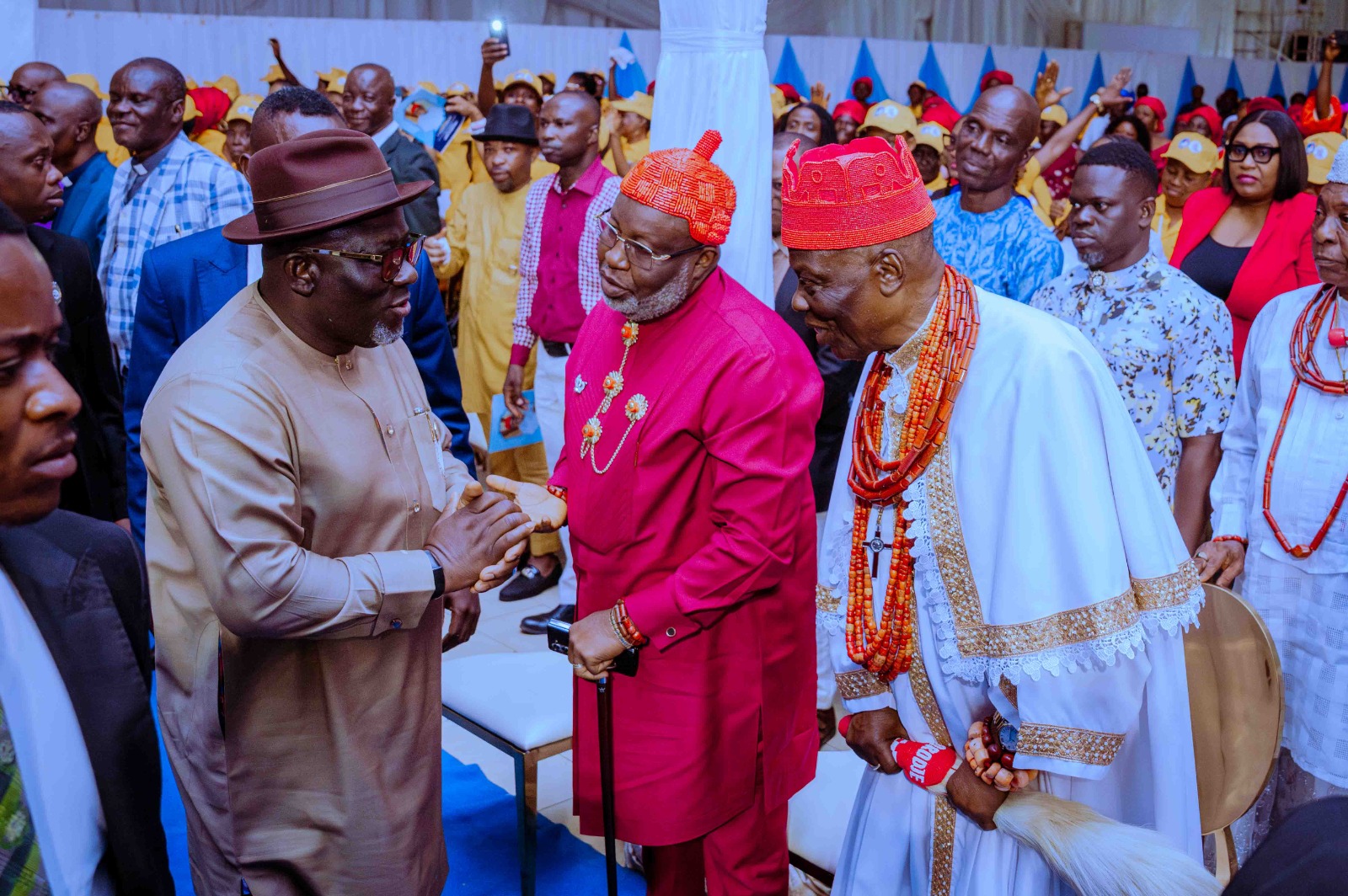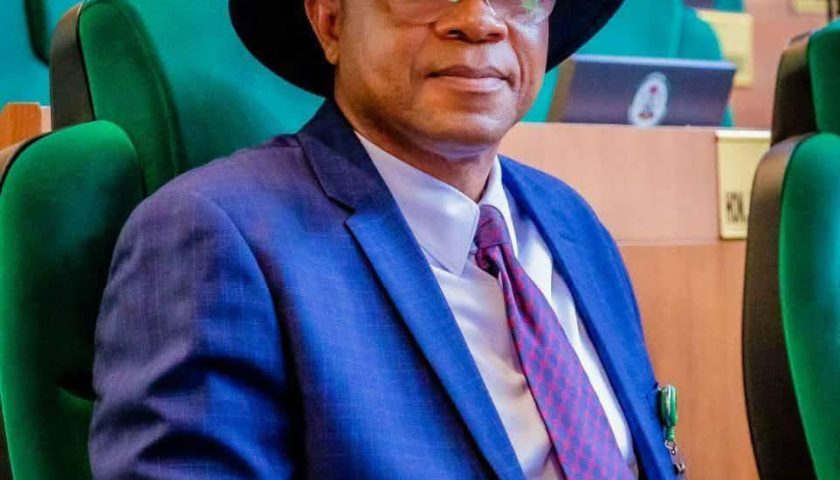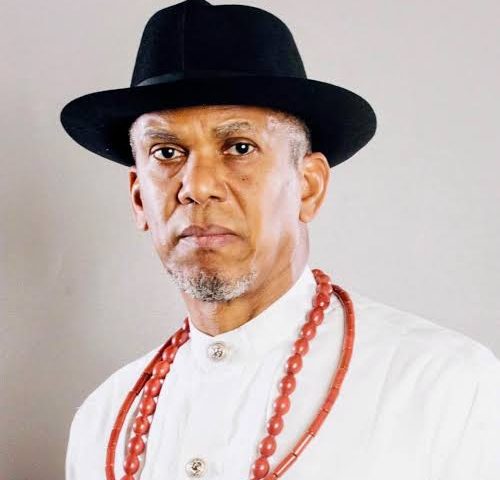…Beneficiaries To Enjoy Free Healthcare Services
Delta State Governor, Rt. Hon. Sheriff Oborevwori, on Monday, flagged off the Widows Welfare Scheme, a landmark initiative designed to provide financial and healthcare support for 10,000 widows across the state.
The ceremony, held at the Events Centre in Asaba, marked a significant step in the Governor’s MORE Agenda to uplift vulnerable groups and promote inclusive governance.
Speaking at the event, Governor Oborevwori recalled his long-standing commitment to the welfare of widows both in his private life and public service.
He described widowhood as a painful circumstance that is never a choice, stressing that widows often face neglect and severe survival challenges after the loss of their breadwinners.
“Being a widow is not by choice, and it will never be anyone’s choice. Beyond the pain of losing a loved one, widows are left with the burden of survival. That is why this administration is determined to improve their living conditions and give them hope,” the Governor said.
He explained that the scheme directly supports the second pillar of his administration’s MORE Agenda – Opportunities for All, and is a fulfillment of his campaign promise to run an inclusive government that carries everyone along, especially the poor and vulnerable.
Under the scheme, each widow will receive a monthly stipend of ₦15,000, to be paid directly into their bank accounts. The Governor emphasized that payments would commence immediately, with beneficiaries receiving their first stipend of ₦45,000 covering three months in arrears.
In addition to the cash support, all beneficiaries are being enrolled into the Delta State Contributory Health Insurance Scheme, which guarantees them free access to healthcare services at accredited hospitals and primary health centres across their localities.
“This health insurance is even more important than the stipends because it ensures that no widow is denied medical care due to lack of funds,” Oborevwori held.
The Governor clarified that the Widows Welfare Scheme is entirely non-political, cutting across all religious and ethnic divides in Delta, adding that the beneficiaries were carefully selected through a transparent and community-driven process covering the 270 federal wards of the state, involving community leaders, traditional rulers, and civil society groups to verify claims of widowhood.
According to him, the delay in the flag-off was to ensure that only genuine widows were enrolled, while excluding those already employed or earning civil service salaries, so that the benefits go strictly to those most in need, especially the aged and physically challenged.
Since the inception of the administration, over 266,000 people have been empowered through social investment programmes such as women empowerment and skill acquisition schemes, youth initiatives, MORE grant projects, and business support programmes.
The Governor assured that more interventions, including job creation and empowerment schemes for women and youths, will be rolled out soon.
He said: “As we build roads, bridges, and infrastructure, we must also invest in the welfare of our people. True governance is not just about physical projects but about touching lives and giving hope”.
Executive Assistant to the Governor on Social Investment Programmes, Elder Isioma Okonta, who coordinated the scheme, described it as a historic milestone in Delta’s social investment journey.
He said the initiative demonstrates the Governor’s compassion and his resolve to make government “a father to widows and a pillar of support for the poor.”
Okonta praised the First Lady, Deaconess Tobore Oborevwori, for her consistent advocacy for widows, calling her “a shining example of compassion.”
Some beneficiaries, including Christiana Akaluzia, Elizabeth Mukoro, and Mercy Ololo, expressed profound gratitude to the Governor for not only providing them with stipends but also granting them access to free healthcare in their communities.
With the flag-off of the Widows Welfare Scheme, Delta State has once again positioned itself as a pacesetter in pro-people governance, setting a benchmark for inclusive and compassionate leadership in Nigeria.





